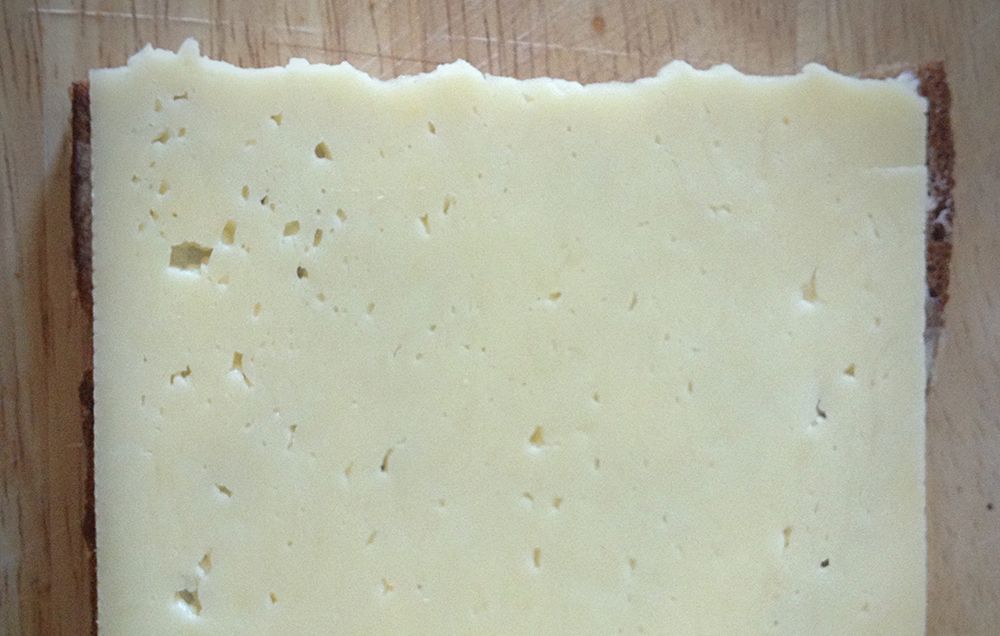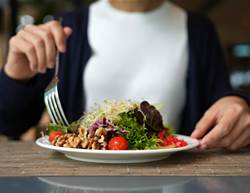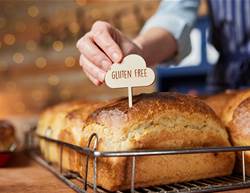Vitamin D may be known as the sunshine vitamin, but too few of us think to look for it in the fridge during the darker winter months-and that's a big mistake. 23% of Australian adults are Vitamin D deficient, according to the Australian Bureau of Statistics. Compounding the problem is our vigilant use of sunscreen; just SPF15 blocks 93% of UVB rays, the type our bodies use to make D. Skin also has a harder time producing vitamin D with age.
Back up: What is vitamin D, and why is it so important?
Your body creates vitamin D on its own after being exposed to sunlight. It helps the body absorb calcium, one of the main building blocks of bones. If you're low on D, then you're at increased risk for bone diseases like osteoporosis.
Evidence continues to mount that vitamin D also helps to regulate the immune system, lower blood pressure, protect against depression, and reduce risk of type 2 diabetes, high blood pressure, and several kinds of cancer. A 2014 study also found that people with low vitamin D levels were twice as likely to die prematurely.
So, are you getting enough vitamin D?
Probably not. The Recommended Dietary Allowance (RDA) of vitamin D at 600 international units (IU) for everyone under the age of 70. (It's 800 IU for adults 70+.) But many experts believe that's too low.
The top vitamin D foods
In a recent nutrient survey, many respondents were rightfully concerned they weren't getting enough D, with 22% actively looking for it in foods. But just 9% knew that salmon is a good natural source of the vitamin, and only 5% recognised fortified tofu as one, too. Here are some other ways to get more foods with vitamin D in your diet:
Wild-caught fish
(425 IU in 85g salmon, 547 IU in 85g mackerel)
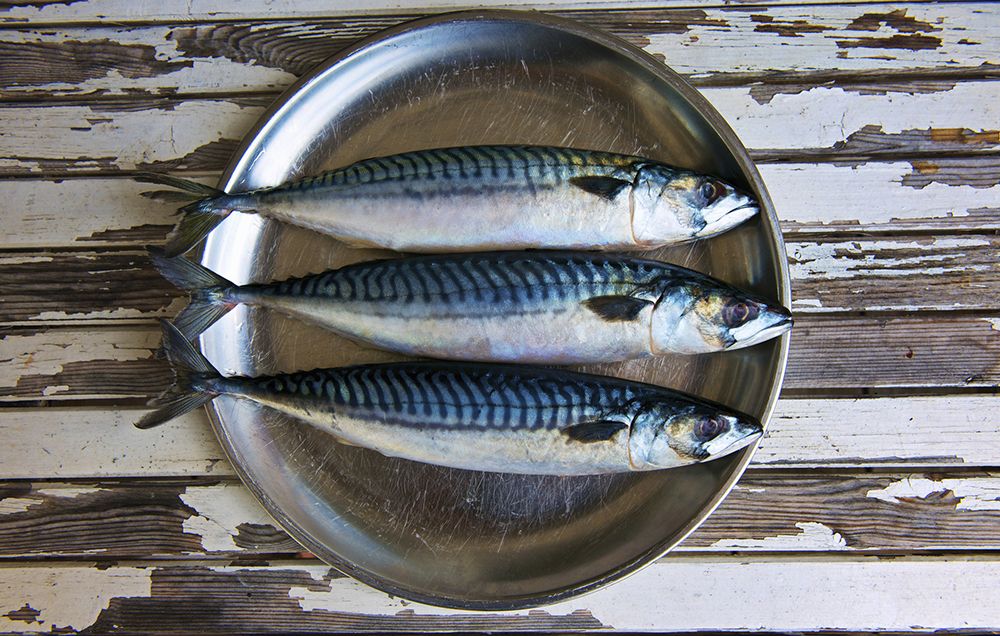
Beef or calf liver
(42 IU in 85g)
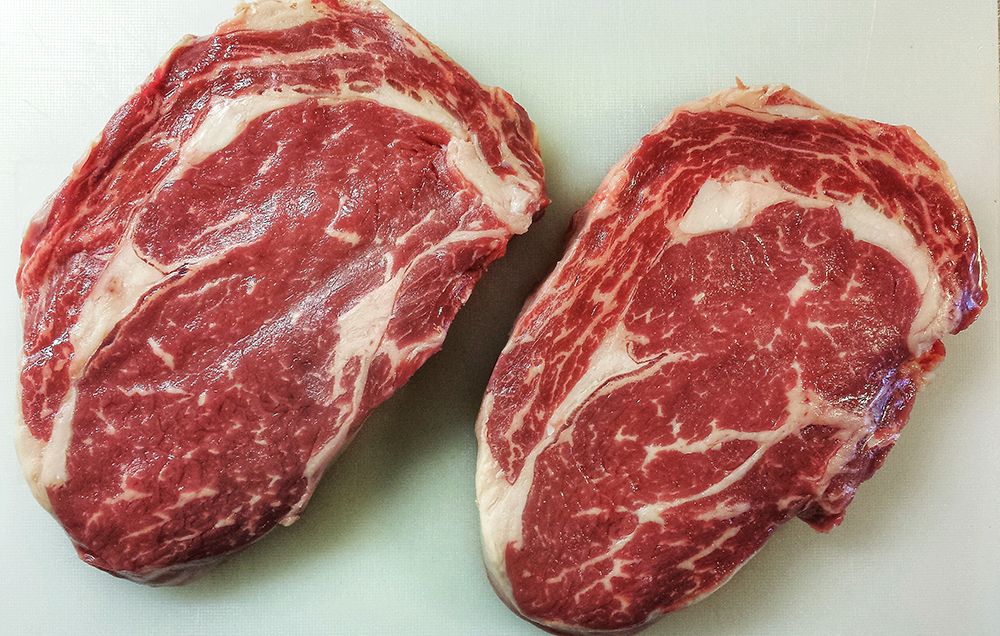
Egg yolks
(41 IU per egg)
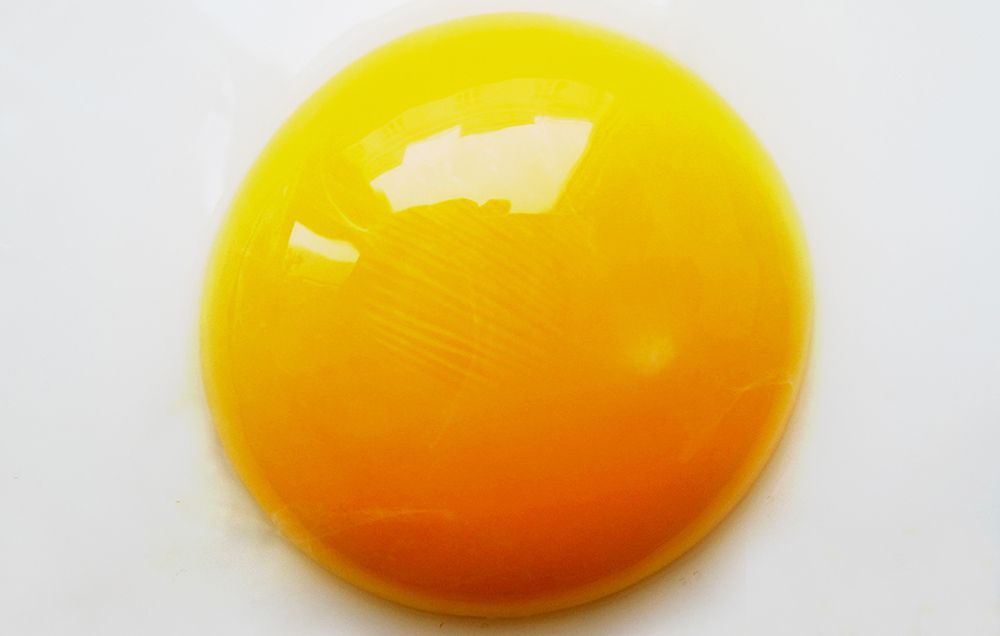
Canned fish
(154 IU in 85g tuna, 270 IU in 100g sardines)
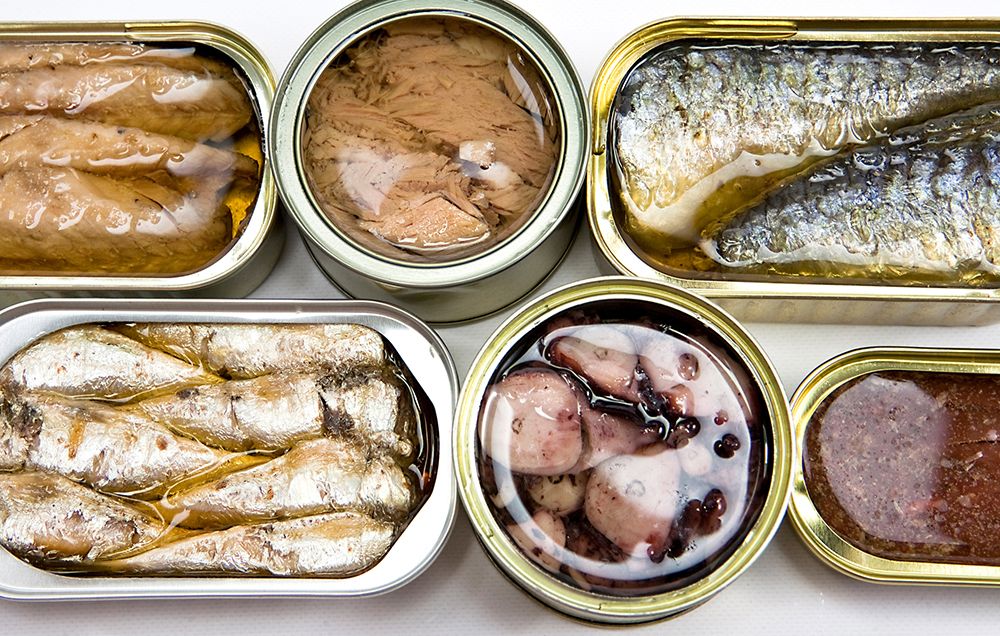
Shiitake mushrooms
(40 IU in 1 cup)
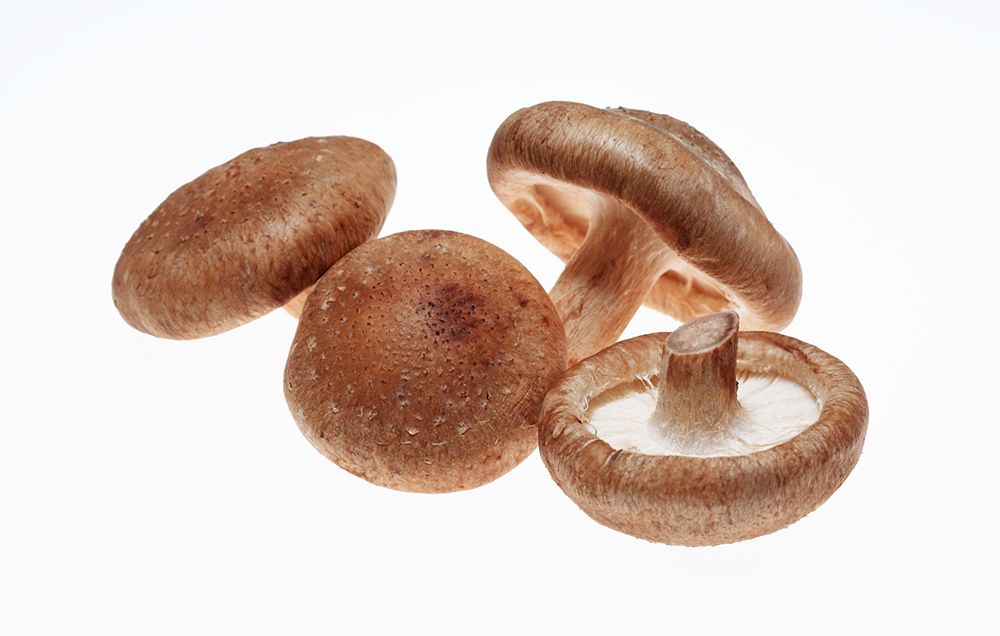
Milk: whole, nonfat or reduced fat
(100 IU in 225mL)
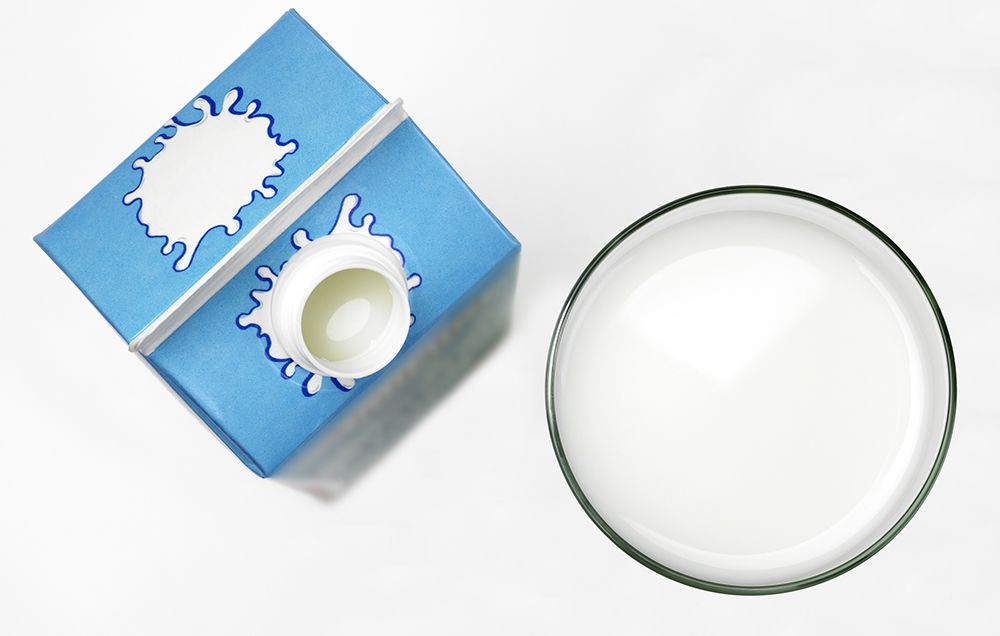
Yogurt
(80–100 IUs in 170g)
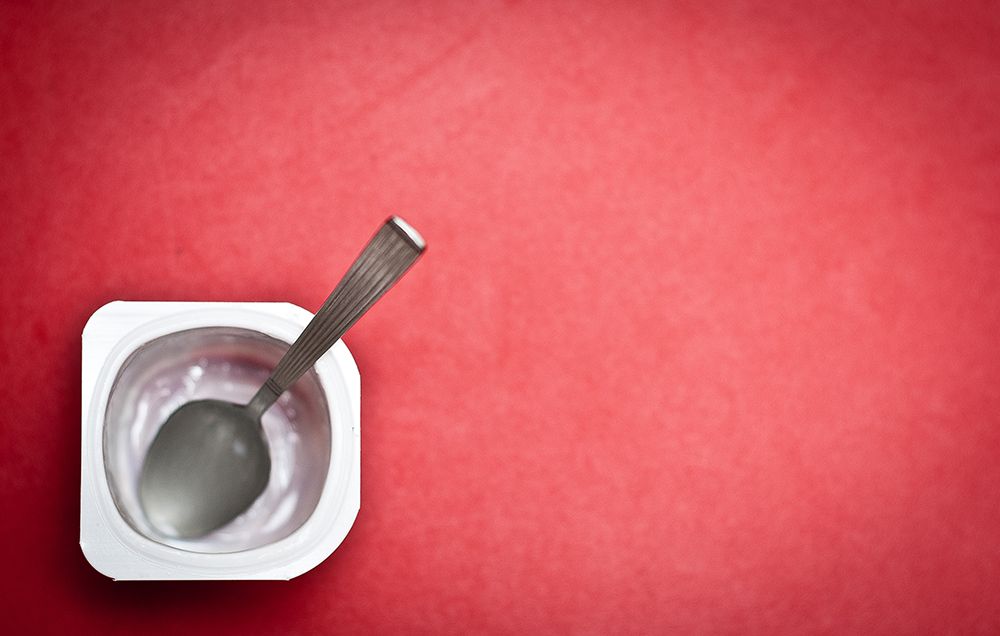
Almond milk
(100 IU in 235mL)
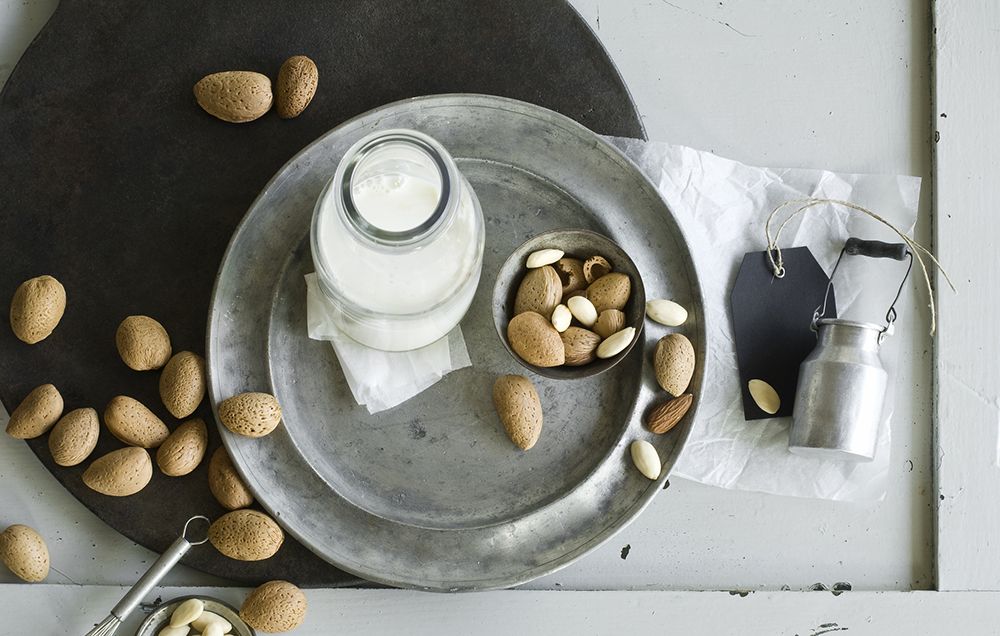
Orange juice
(137 IU in 1 cup)
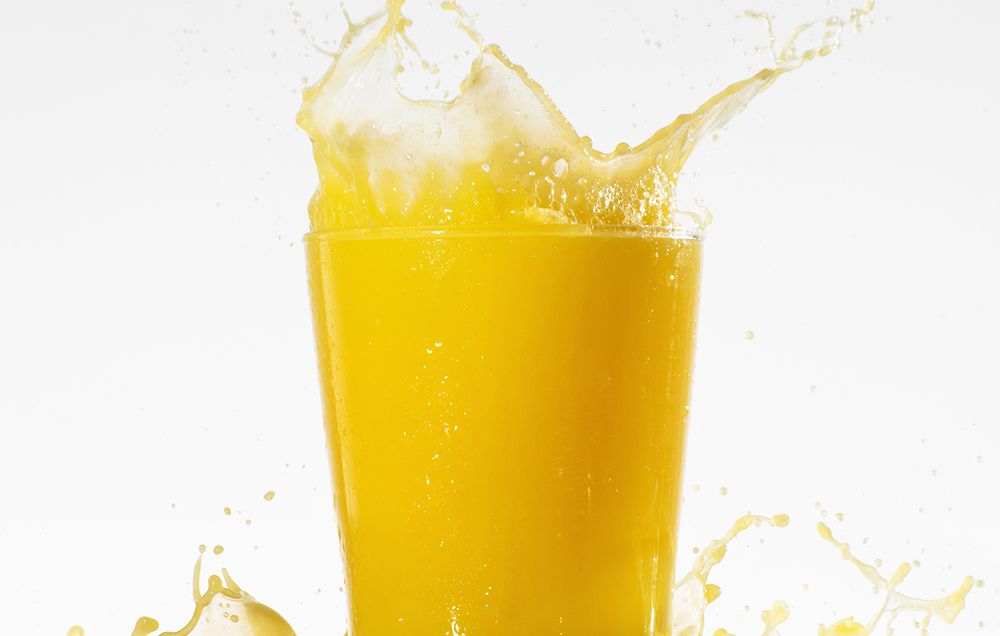
Breakfast cereals
(50–100 IUs in 0.75–1 cup)
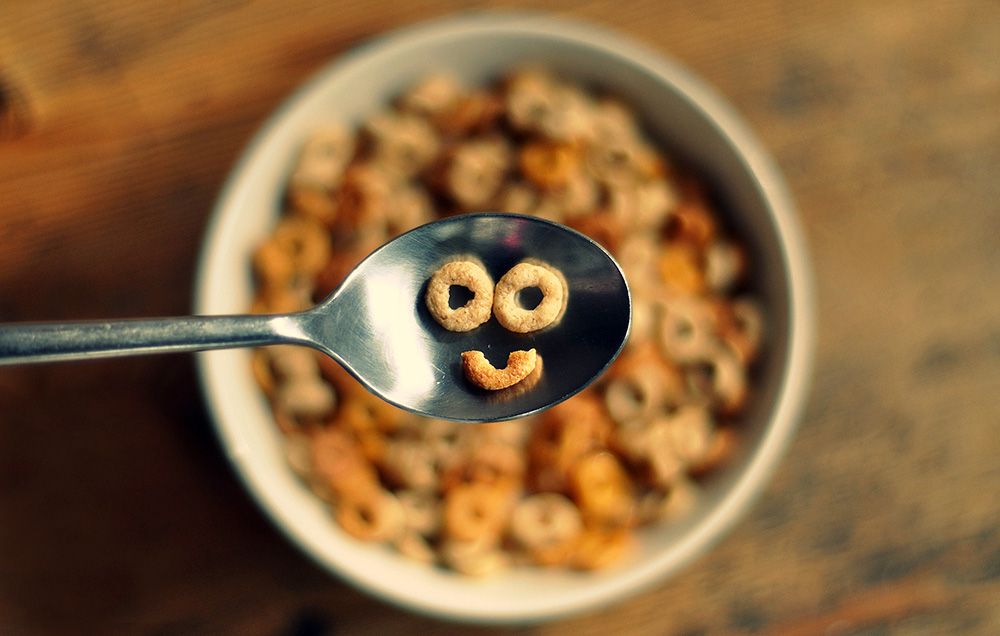
Fortified tofu
(80 IU in 85g)
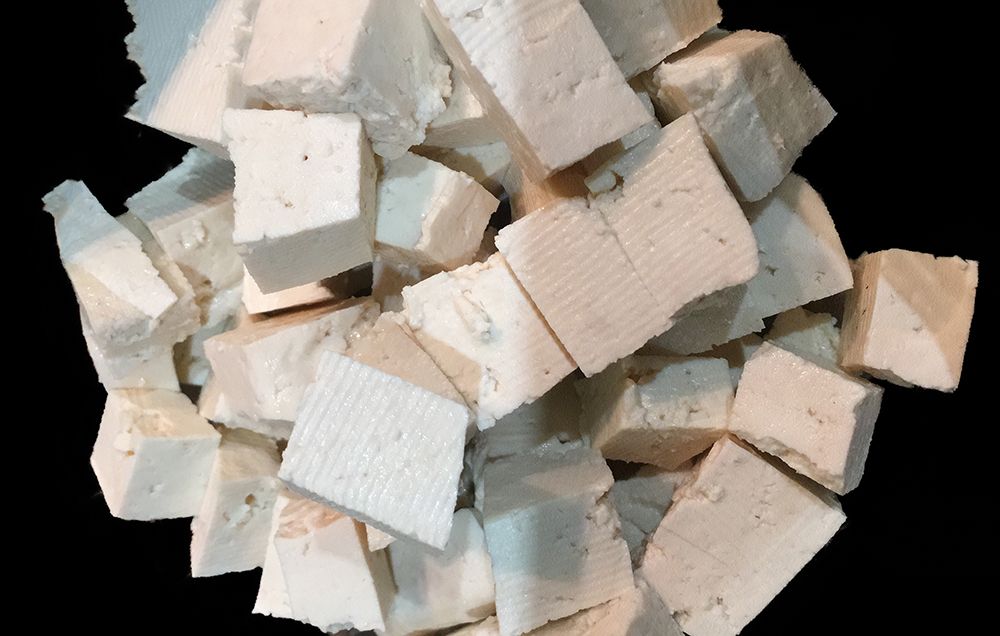
Porridge (150 IU in 1 packet)
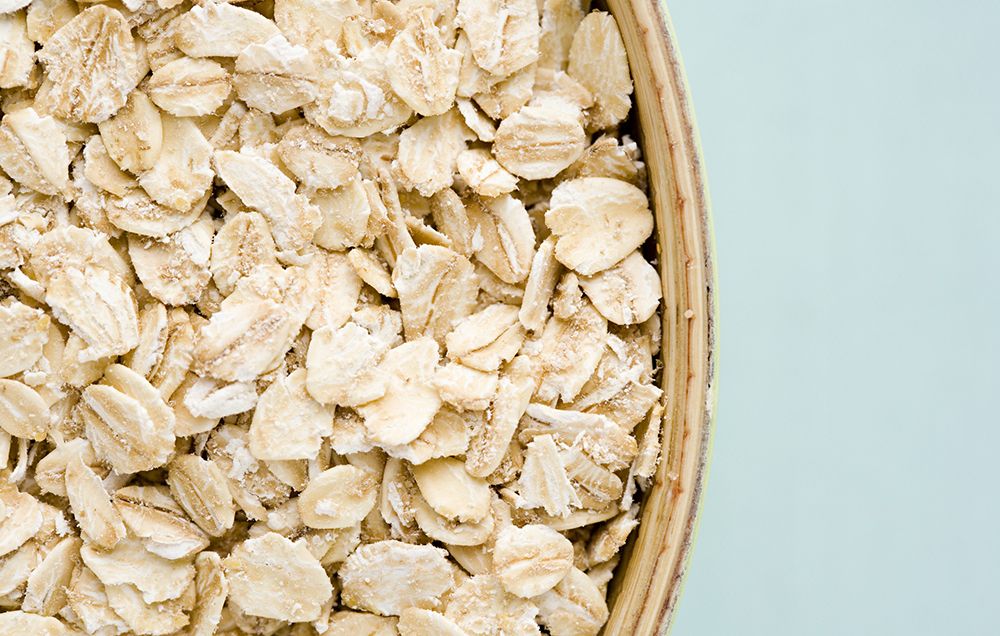
Cheese
(40 IU in 1 slice)
